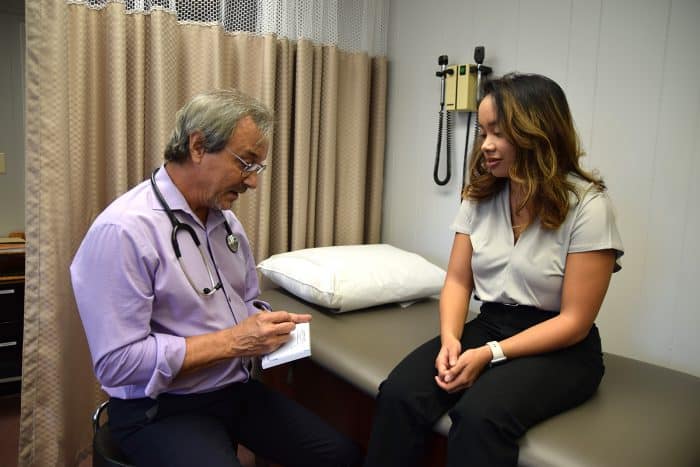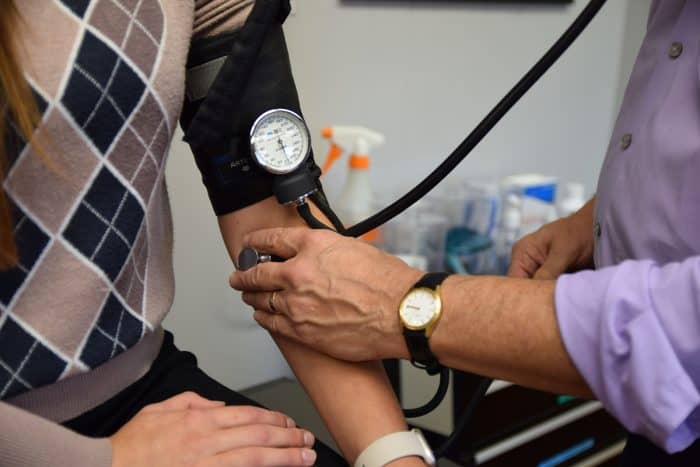
General Information

Homeopathy is pretty solid stuff, but a few things need to be avoided until we know whether or not the remedy will act well.
1. Coffee, even decaf
2. Strong mints (e.g., Altoids)
3. Strong mouthwashes (e.g., Listerine)
4. Street drugs such as marijuana
5. Strong aromatherapy (e.g., peppermint massage oil, eucalyptus, menthol, and camphor)
6. Menthol cigarettes
7. Electric blankets
8. Any other homeopathic remedy
These things may not have to be avoided forever. The restriction is just until we figure out what’s working.
Things that do not need to be avoided, although they may be bad for you in other ways, so use some restraint with these.
1. Caffeine: 1-2cups of tea or 1 soda per day is ok
2. Alcohol: in most studies 1-3 drinks/day may actually improve health
3. Regular, non-menthol tobacco: if you smoke, stop, but if you are trying to quit, non-menthol tobacco doesn’t interfere with homeopathic remedies
4. Mild mints (e.g., tea, Wrigley’s gum, toothpaste)
5. Acetaminophen (Tylenol)
6. Ibuprofen (“Motrin”, “Advil”) or aspirin: use sparingly
7. Regular cough syrups (Robitussin)

As for medical drugs, discuss with your homeopath. Some common over-the-counter drugs which can interfere with remedies include:
1. Antihistamines (Benadryl, Zyrtec, Claritin), including
2. Some cough syrups that contain antihistamines (e.g., Delsym”) or cough suppressants (e.g., Robitussin-DM). If in doubt about a cough/cold medication, consult your pharmacist
3. Any steroid (e.g., cortisone, “Cort-aid”, others)
Interestingly, antibiotics do not always interfere with remedies. Although sometimes they create undesirable
Supplements, Vitamins and Herbs
It’s a myth that we all need these, and that they are all safe. I have a saying: “If it’s strong enough to cure you, it’s strong enough to kill you.” I have treated a number of patients who have been harmed by the unrestricted, unsupervised use of such products. However, most such things are safer than the drugs and surgery of traditional
Herbal products and nutritional supplements can sometimes interfere with remedies, and in addition may contain hidden hazards such as foreign substances or drugs, inaccurate doses, non-standardized ingredients, or toxic properties. Herbal
I will be happy to review your supplements with you and make recommendations
Homeopathic Remedies
The one thing that will interfere with a homeopathic remedy is another homeopathic remedy. I have one rule: While under my care, you are not to take any other homeopathic remedies for any reason without consulting me first. In general, the gains you will achieve from careful, constitutional homeopathic treatment will far outweigh any minor inconvenience you may suffer from not taking little remedies for bumps and bruises, coughs and colds, and other annoyances.
“Semi-discharge” Instructions
After a period of time in treatment–and this may be after 2 visits or 10–most patients improve significantly, and in nicely-progressing cases, after about 3 visits, I issue what I call “semi-discharge” instructions. Of course, a patient may quit homeopathic treatment at any time, but sticking with the
When it seems that your health is as good as it can be and you and I feel it’s time to discontinue regular homeopathic visits, these points can serve as a guide to a decision to return in the future:
1. When a new problem arises, such as mental symptoms after a car accident, or problems that arise after a significant infection or other condition
2. When the old problems start creeping back after having been gone for a long time (months or years)
3. When older problems start coming back, and these may be symptoms from much earlier in your life
People generally seek homeopathic treatment because they want to address problems that haven’t been helped by regular medicine. I urge people to consider a more global